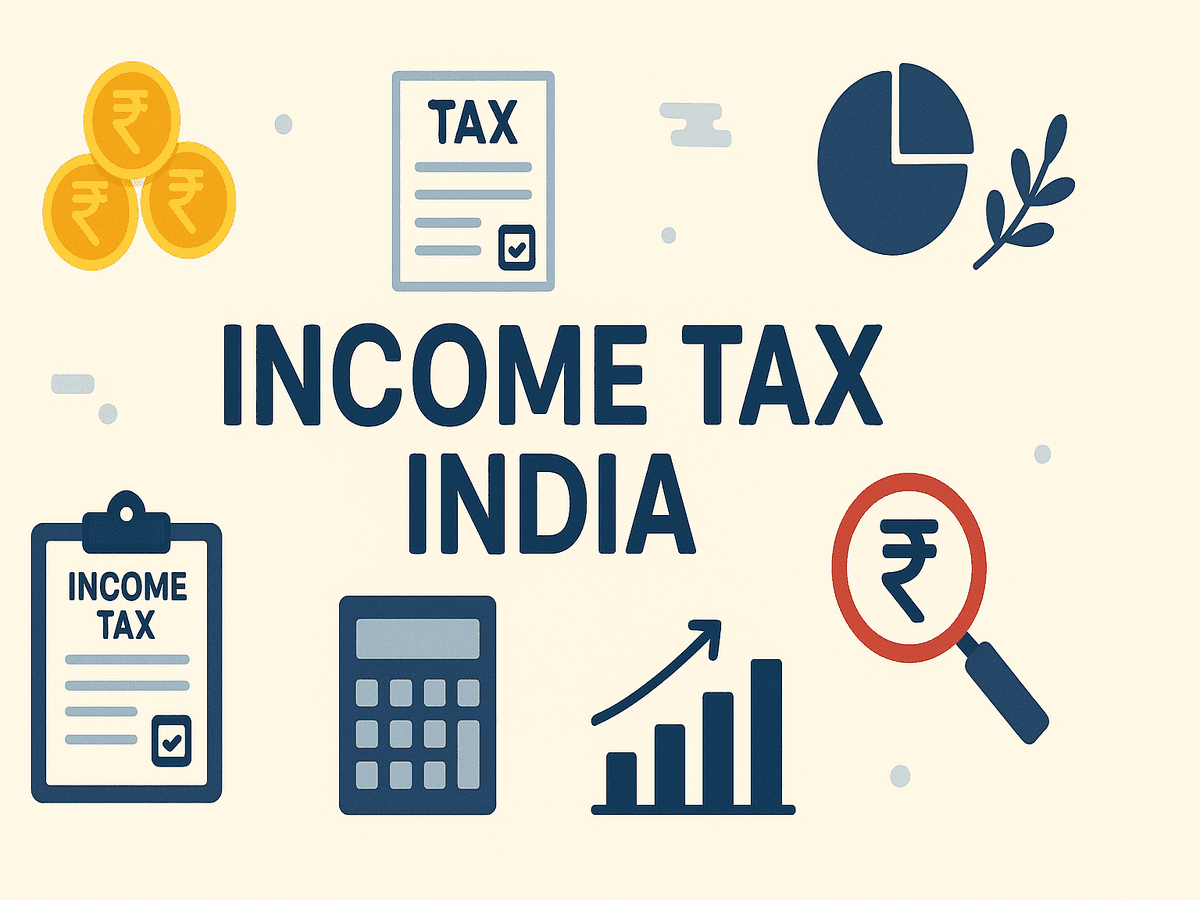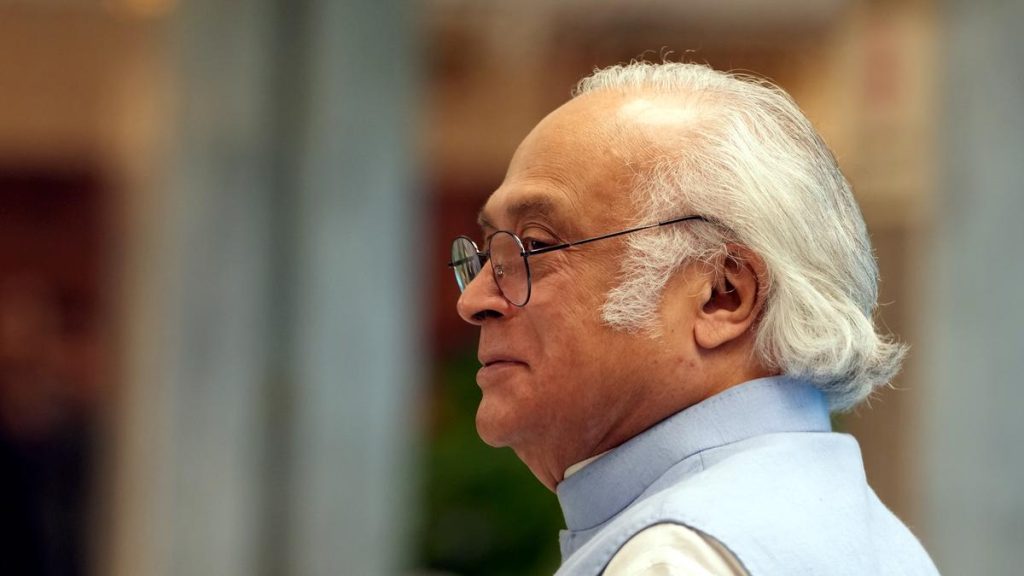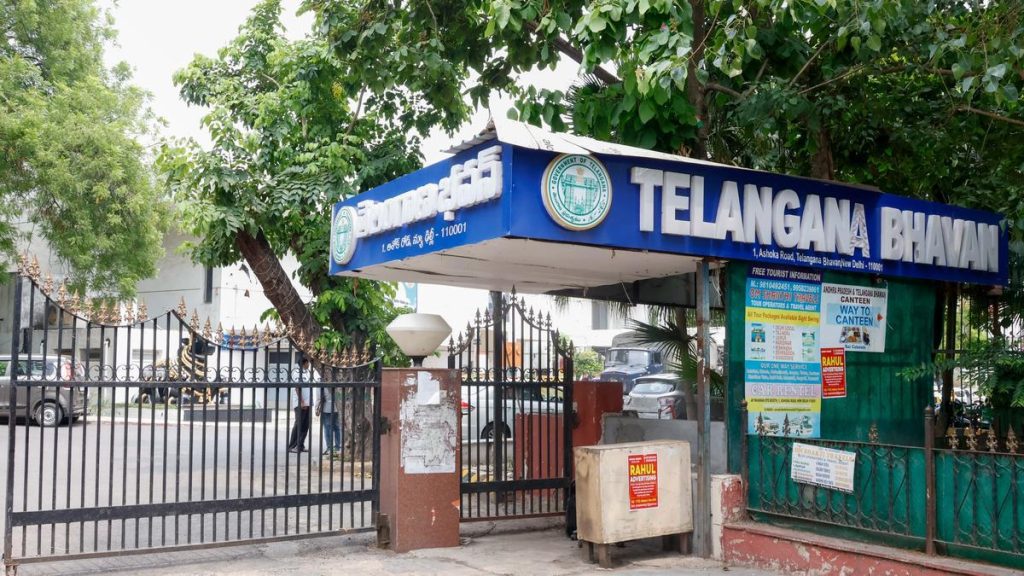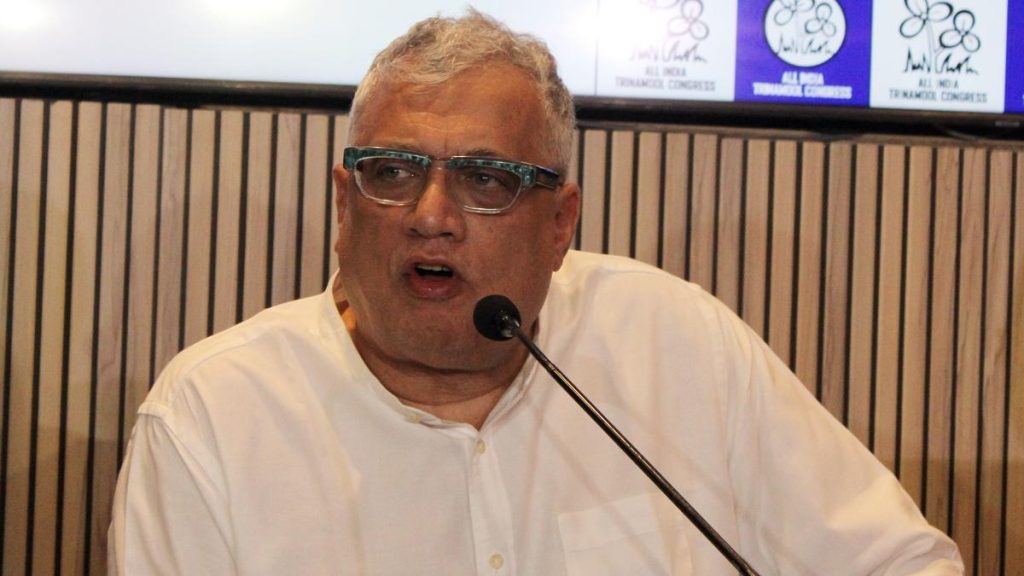Now Reading: Submit TDS Correction Promptly to Avoid Penalty Notices
-
01
Submit TDS Correction Promptly to Avoid Penalty Notices
Submit TDS Correction Promptly to Avoid Penalty Notices

Speedy Summary
- The Income Tax Department has announced that TDS and TCS correction statements for Q4 FY 2018-19 to Q3 FY 2023-24 can only be filed until March 31, 2026.
- after this deadline, taxpayers will lose their TDS credit if corrections are not made, perhaps requiring them to pay taxes again.
- Section 200 of the Income Tax Act,1961 has been replaced by Section 397(3)(f) of the new Income Tax Act,which becomes effective April 1,2026.
- The permissible time window for revising TDS/TCS filings under the new law is reduced from six years to two years.
- Errors in TDS/TCS filings must now be addressed more promptly to prevent tax credit mismatches or demand notices from the tax department.
Indian Opinion Analysis
The advisory issued by the Income Tax Department highlights a notable procedural shift intended to enhance administrative efficiency and openness. By reducing the amendment window for TDS and TCS corrections from six years to two years under the forthcoming Income Tax Act (effective April 1, 2026), both compliance timelines and taxpayer responsibilities are tightened.This change could improve timely assessments but also adds pressure on stakeholders-tax deductors and also deductees-to ensure precision in their filings.
For India’s taxpayers and financial entities like employers or banks handling deductions, heightened diligence during this transition phase is crucial. Failure to act before March-end deadlines may result in unresolved tax credits and additional demands-a scenario that could disproportionately impact small businesses or individual taxpayers unfamiliar with these amendments. While administrative efficiency is a welcome move for streamlining longstanding issues such as delayed refunds or mismatches flagged by Central Processing Centres (CPCs), clear interaction by authorities regarding compliance guidelines remains indispensable.
Ultimately, sustained education efforts about statutory timelines coupled with enhanced CPC systems could mitigate potential adverse impacts while keeping India’s fiscal landscape aligned with global best practices.

























